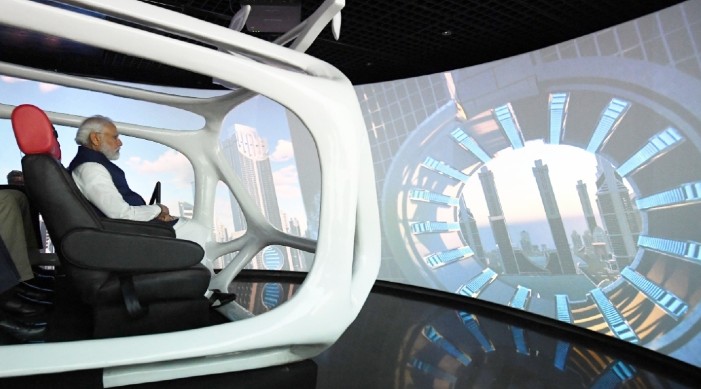A five-judge constitution bench headed by Justice NV Ramana will continue to hear the batch of petitions on Article 370
The Supreme Court on Monday refused to refer the issue of scrapping Article 370 in Jammu and Kashmir to a larger bench. The 5-judge Supreme Court bench will continue to hear the cases related to Article 370.
The Supreme Court order is confined to the issue of whether a larger bench needs to hear the cases related to Article 370.
The Supreme Court has refused to refer to a larger bench a batch of pleas, challenging the constitutional validity of the August 5 decision of the Centre of abrogating provisions of Article 370.
A five-judge constitution bench headed by Justice NV Ramana will continue to hear the batch of petitions on Article 370.
NGO People's Union of Civil Liberties (PUCL), Jammu and Kashmir High Court Bar Association and an intervenor had sought referring the matter to a larger bench.
The petitioners sought reference to a larger bench on the ground that two judgments of the Supreme Court -- Prem Nath Kaul versus Jammu and Kashmir in 1959 and Sampat Prakash versus Jammu and Kashmir in 1970 -- which dealt with the issue of Article 370 are in direct conflict each other and therefore the current bench of five judges could not hear the issue.
Attorney General KK Venugopal, appearing for the Centre, had told the Supreme Court bench -- also comprising Justices Sanjay Kishan Kaul, R Subhash Reddy, B R Gavai and Surya Kant -- that "the abrogation of provisions of Article 370, has now become a "fait accompli" leaving sole option to accept the change".
Referring to the two earlier judgments, Venugopal had said that they were not related to each other and dealt with different issues.
Courtesy: India Today
 Contact Us
Contact Us  Subscribe Us
Subscribe Us









 Contact Us
Contact Us
 Subscribe
Subscribe
 News Letter
News Letter

